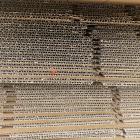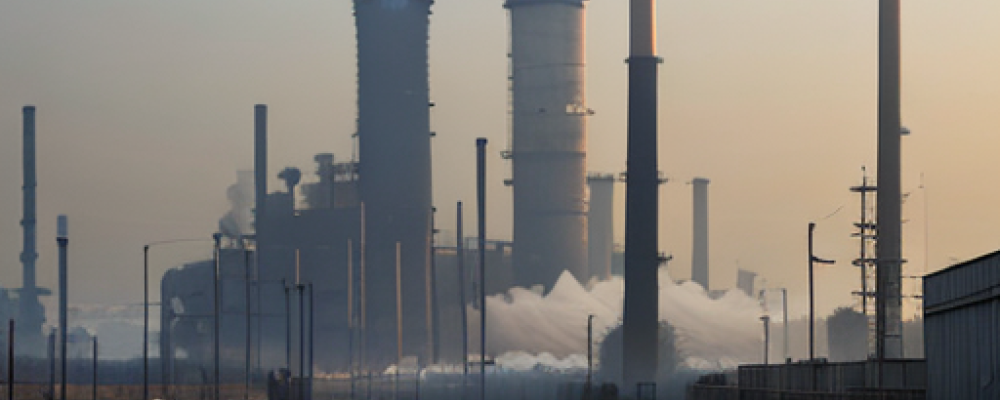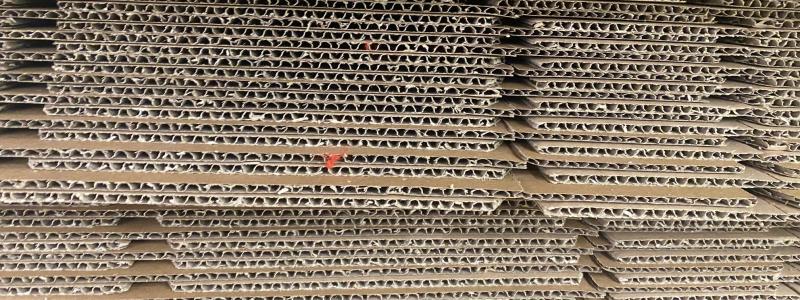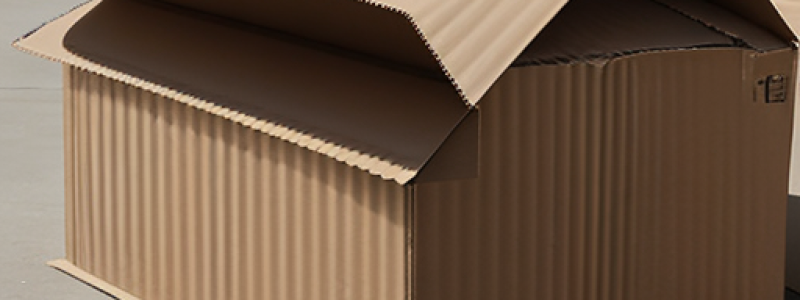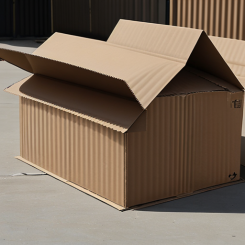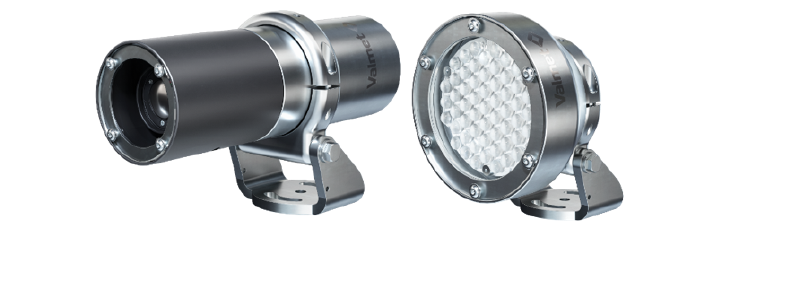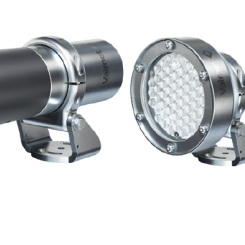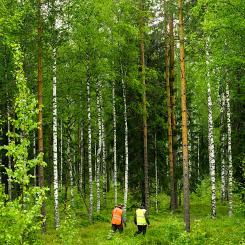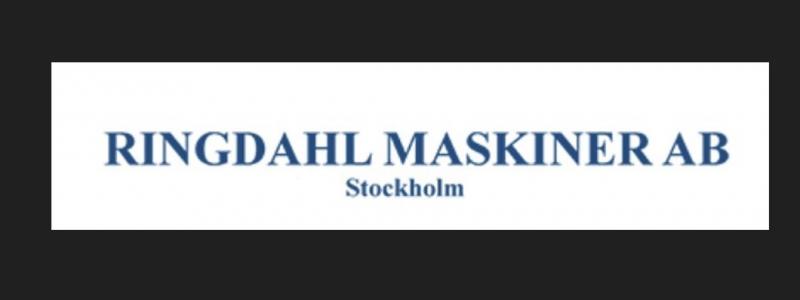Preliminary analysis by the Confederation of Paper Industries (CPI) of 2009 UK paper and board data shows a decline in most facets of the industry including UK consumption, UK production, UK usage and UK exports of recovered paper and board. However, there is positive news with the waste paper and board recovery rate continuing to rise, the successful machine conversion by St Regis at Kemsley, the opening of the new PALM newsprint facility in Norfolk and the announcement that the new SAICA packaging mill in Manchester will go ahead.
In 2009 the UK consumed an estimated 11.5 million tonnes of paper and board products, a 10% reduction on 2008, leading to a fall in the volume of used products collected for recycling to 8.1 million tonnes, 7% less than in 2008. The UK produced just 4.3 million tonnes of paper and board, a 14% reduction on 2008. In terms of raw material, UK paper and board mills used just under 3.8 million tonnes of recovered paper and board, a decline of 6% on 2008, while exports fell to 4.5 million tonnes, 8% lower than in 2008.
In 2009 collection volumes of recovered paper and board reduced due to falling consumption. However, the collection rate (the tonnage collected as a percentage of the tonnage consumed) actually rose to around 78% from 76%, demonstrating that the UK recovered paper industry continues to find new sources of material. The smaller decline in domestic usage of recovered paper and board meant that UK exports bore a higher percentage of the reduced collection. The opening of the PALM newsprint mill in Norfolk is likely to see exports fall further in 2010 if collection levels do not pick up to compensate.
2009 saw 90% of the fibrous raw material used by the UK paper industry come from recovered paper and board, one of the highest rates in Europe, and this is likely to rise further in 2010 with the new domestic recycling capacity provided by PALM.
Peter Seggie, Recovered Paper Sector Manager at CPI, said: “2009 was again a very demanding year for the UK paper and board industry. Further closures are a reflection of the difficult recession the world has gone through.


